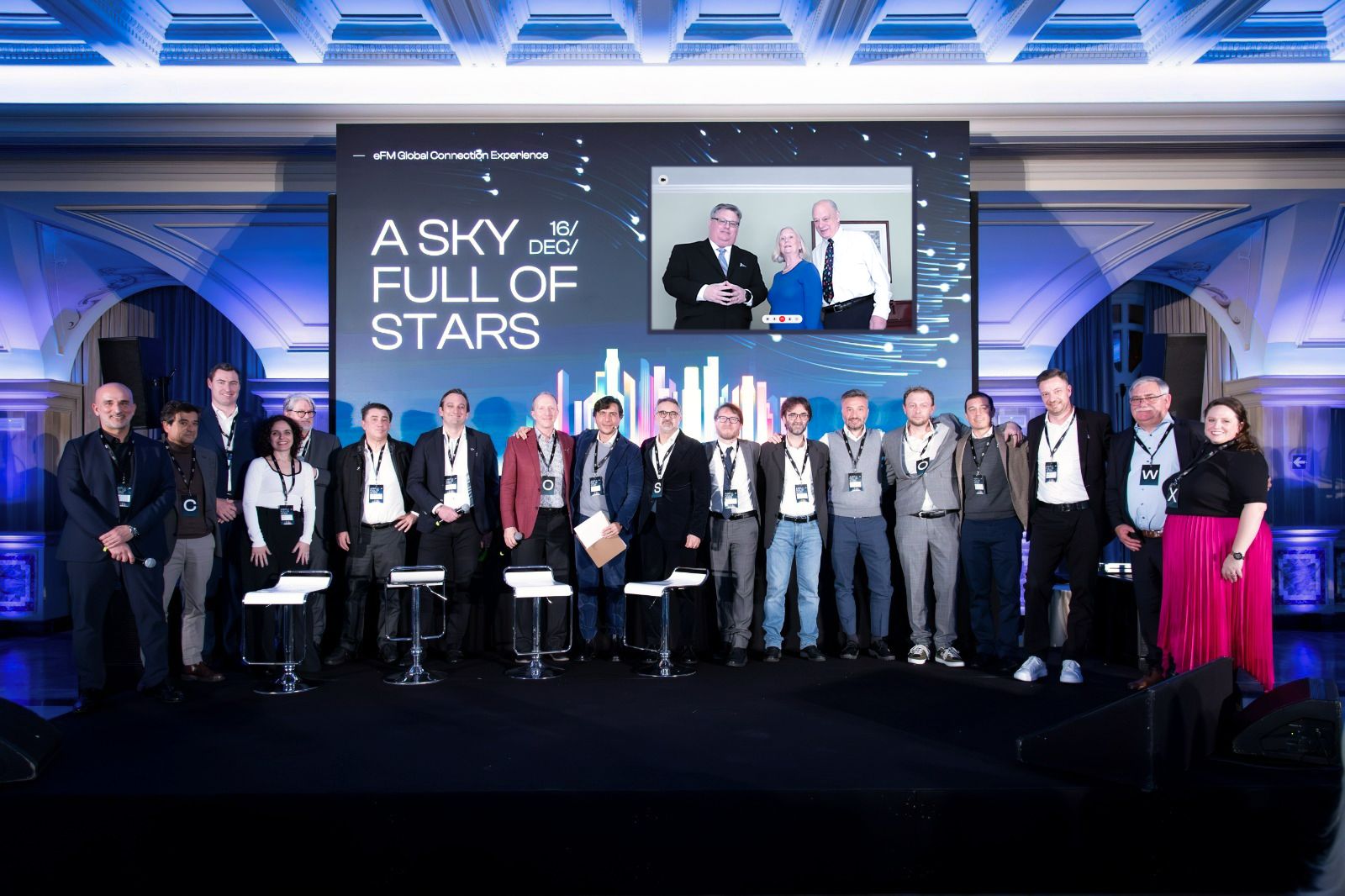Service Governance in Real Estate: turning buildings into value generators and well-being
In the Real Estate sector, property management is evolving from a purely operational activity into a strategic, human-centred mission. The true innovation in eFM’s Service Governance lies not only in managing processes or resources, but in governing the entire value cycle, with the goal of supporting the experiences that people live within real estate spaces. Effective management translates into environments that are more functional, welcoming and capable of enhancing users’ well-being.
A paradigm shift in property management
Organizations today must move beyond fragmented management to build an integrated system that aligns strategy, budget, contracts and operations within a continuous and coherent value creation cycle. In real estate, this means not only maximizing technical efficiency, but ensuring that spaces become catalysts for positive experiences, productivity and user satisfaction.
The three key phases of Service Governance applied to Real Estate
eFM’s approach to implementing Service Governance unfolds across three levels:
- Sustain: Define strategic value objectives such as improving space quality, promoting environmental sustainability and enhancing people’s well-being. Budgets are allocated based on the expected impact on experiences and tangible outcomes.
- Design: Service contracts become performance-oriented, rewarding measurable outcomes that generate real value for people and organizations rather than simply focusing on completed activities.
- Plan: Operational management leverages data and intelligent technologies to monitor building conditions and ensure that every intervention effectively enhances user experience, safety and comfort.
Value, experience and well-being
At eFM, property management is conceived as a dynamic ecosystem where each space is part of a broader experience. The goal is to transform buildings into places that foster both physical and psychological well-being, increasing users’ productivity and satisfaction.
This approach enhances the investment not only from an economic standpoint but also from a social and environmental perspective, meeting current expectations for sustainability and quality of life.
Service Governance as a competitive lever in Real Estate
Adopting a digital, integrated and human-centred Service Governance model represents a decisive competitive advantage in the Real Estate sector. Through tools such as Digital Twins, Artificial Intelligence and Smart Contracts, companies can optimize the value of their property portfolio, improve the quality of workplace experiences and drive sustainable, future-oriented growth.
.png)

.png)

.png)